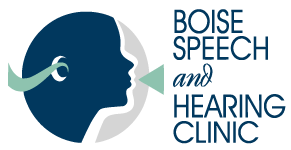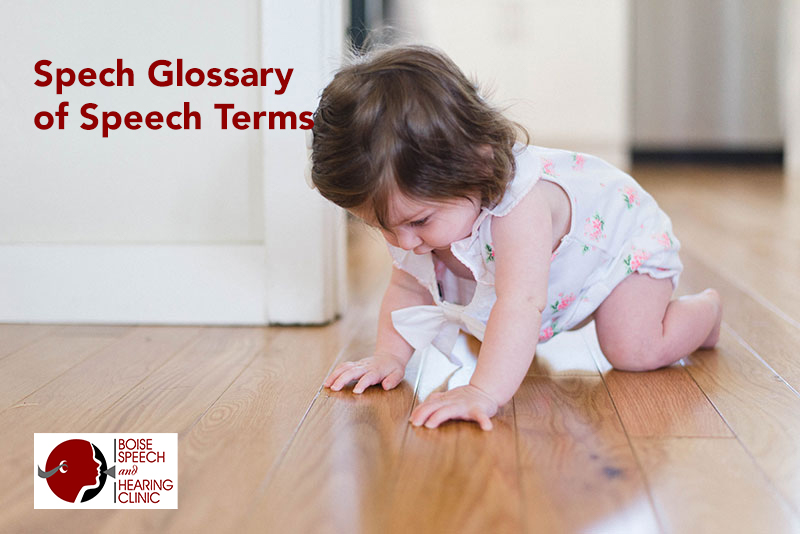Below is a list of speech related terms and their descriptions. These descriptions are intended to give you a basic understand of the term. If you would like more in-depth information, please contact Rian Chatterton.
Accent Reduction
A systematic approach to reducing or eliminating either a regional or foreign accent. This involves changing sound pronunciation (vowels and consonants), intonation and stress, and rhythm of speech.
Articulation Disorder
Mispronunciation of speech sounds characterized by sound omission, substitutions, distortions and additions.
Expressive Language Delay
Difficulty with verbal expression. Symptoms may include word-finding difficulties, misnaming items, deficits in word order, word meaning and changes in verb tense, problems in retelling a story or relaying information and inability to start or hold a conversation.
Receptive Language Delay
Difficulty understanding language. Symptoms may include difficulty following directions, decreased comprehension of “yes/no” and “wh” questions, limited vocabulary, poor understanding of grammar (i.e. verb tenses, possessives) and difficulty attending to spoken language.
Tongue Thrust
An orofacial muscular imbalance in which the tongue pushes against the teeth while swallowing or at rest. It may result in misalignment of teeth and/or distorted speech sounds.
Voice Disorder
Any deviation in pitch, intensity, resonance or quality that renders a person’s voice “abnormal” to the listener. A voice disorder may be secondary to a number of underlying causes including overuse, neurological disorder, trauma, surgery, cancer, viral and bacterial conditions and psychological difficulties.
Apraxia
A motor disorder in which voluntary movement is impaired without muscle weakness. Apraxia is an impairment in the sequencing of speech sounds. Errors are unpredictable, and “groping” for the right sounds/words may be observed. It may be acquired or developmental (childhood apraxia). Acquired apraxia may result from stroke, head injury, brain tumors, toxins or infections. Developmental Apraxia is present at birth. Speech may be delayed and feeding problems are sometimes present.
Auditory Processing Disorder
Refers to the brain’s recognition and interpretation of both speech and non-speech sounds. An auditory processing disorder occurs when something adversely affects the processing or interpretation of information. Children with APD may have difficulty in the following areas. Attention, following directions, listening, processing information, academic performance, behavior, syntax, vocabulary, reading, writing and spelling.
Oral Motor Difficulties
Problems with chewing, sucking, blowing or making certain speech sounds. Signs and symptoms may include low muscle tone in the face, open mouth posture, drooling, oral hyper or hypo sensitivity, unclear speech sounds and feeding difficulties.
Stuttering
A speech disorder marked by disruptions in the normal flow of speech. These disfluencies often include repitition or prolongation of speech sounds, syllables or words, use of fillers (um, like) and laryngeal blocks (difficulty initiating sound).


